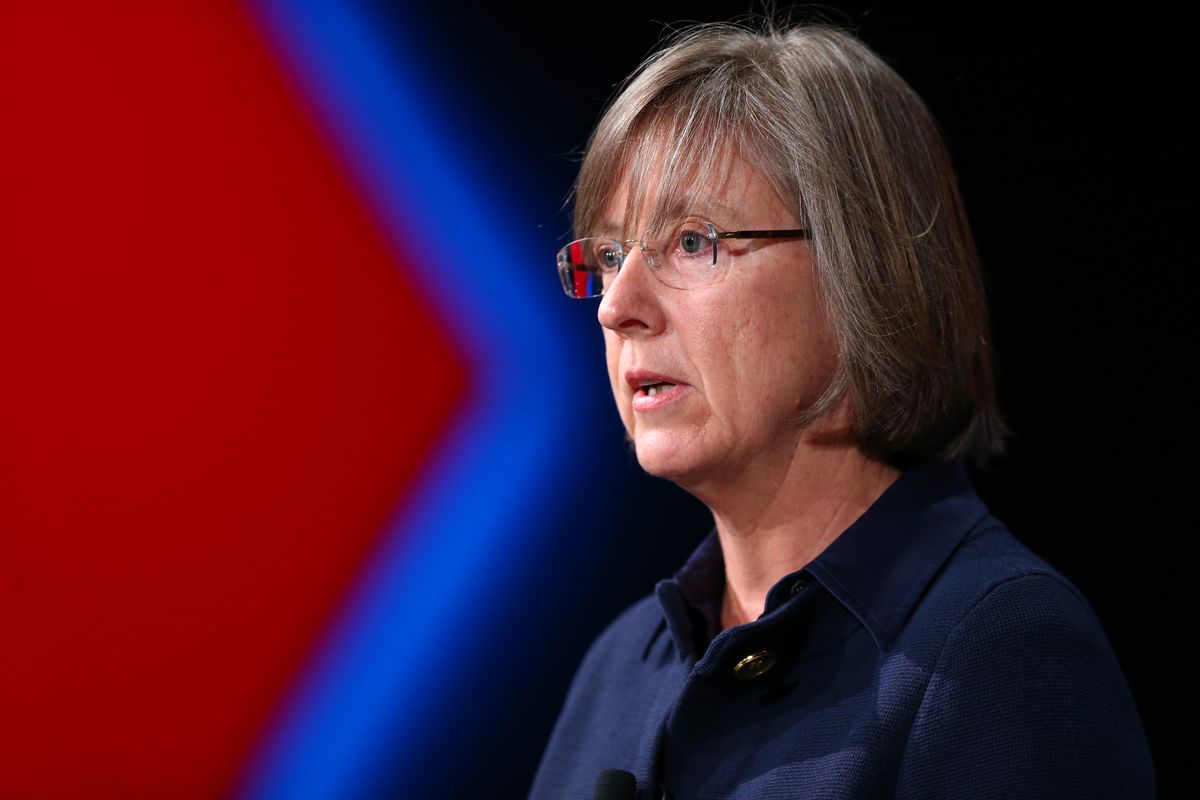Marie Meeker report from the Code Conference: the main thing

Photo source: Recode.net
Kleiner Perkins Caufield & Byers, a venture capital firm's partner, Marie Meeker shared her super report at the Code Conference in California.
The Recode.net website (conference organizers) prepared a quick overview of one of the most awaited Silicon Valley reports. This year’s report included 355 slides and tons of information, including a new section on health, which Marie, however, did not present live.
Several report control points:
- The global development of smartphones is slowing down: shipments of smartphones have grown by 3% compared with last year - last year this percentage was 10%. In addition, the slowdown in the growth of the Internet as a whole continues, as Miker spoke about last year .
- Voice replaces typing input in online requests. With the help of a voice, 20% of mobile requests were made in 2016, while their accuracy at the moment is 95%.
- For 10 years, Netflix’s share of total home entertainment in the United States has risen from 0 to 30%. At the same time, the TV audience continues to shrink.
- Meeker notes that entrepreneurs are often gamers and quotes Ilona Mask, Reid Hoffman and Mark Zuckerberg. International interactive gaming is becoming mainstream - in 2017 there are already 2.6 billion gamers, compared with 100 million in 1995. The revenue of the industry as a whole is estimated at $ 100 billion for 2016. China (expected) is the main market for interactive gaming.
- China remains the most interesting market with a huge growth rate in the field of mobile services, payments and services such as bike sharing on request.
- While the growth of the Internet is slowing around the world, India, with its fastest growing economy, these processes do not concern at all. The number of Internet users has grown by more than 28% in 2016 - and this is only 27% of the total online penetration, which means a huge room for the growth of the Internet audience. Mobile Internet is also growing, as the cost of broadband is decreasing.
- In 2016, in the USA, 60% of the most highly regarded companies in the high-tech market were founded by Americans in the first or second generation. These companies employ more than 1.5 million employees. These companies include such giants as Apple, Alphabet, Amazon and Facebook.
- Health care: wearable gadgets are gradually being rubbed into trust - now 25% of Americans have acquired at least one device (compared to 12% in 2016). Leading high-tech brands have already proven themselves in the digital healthcare market, and more than 60% of consumers are ready to share their health data with certain companies like Google and Microsoft.
Read the entire report (in English) and watch the video from Miker's speech at the link .
')
Source: https://habr.com/ru/post/329960/
All Articles